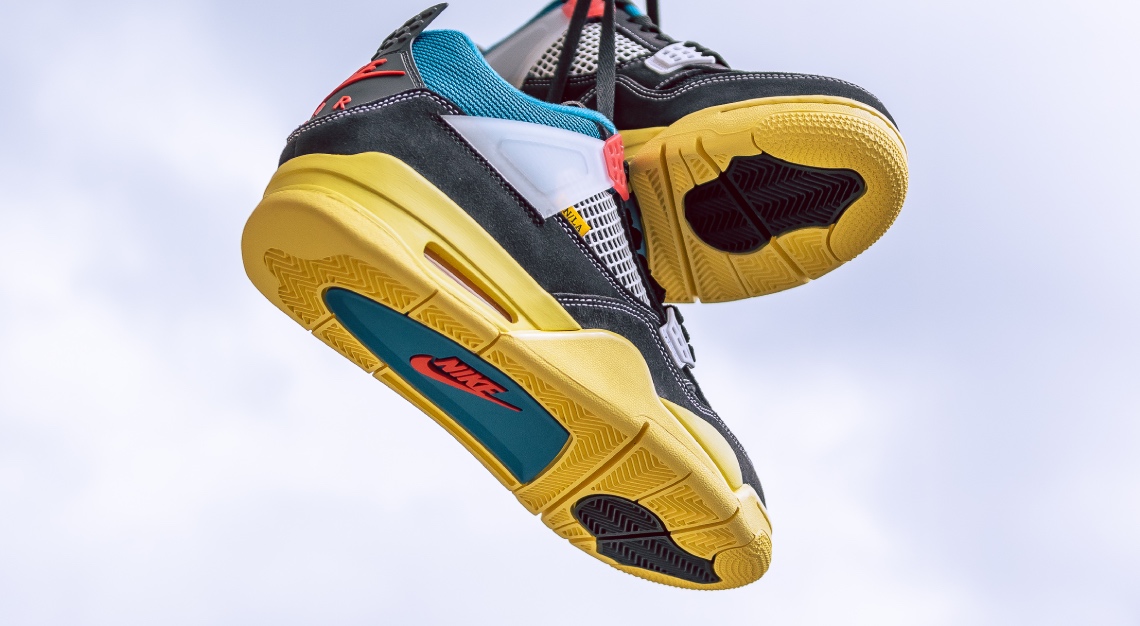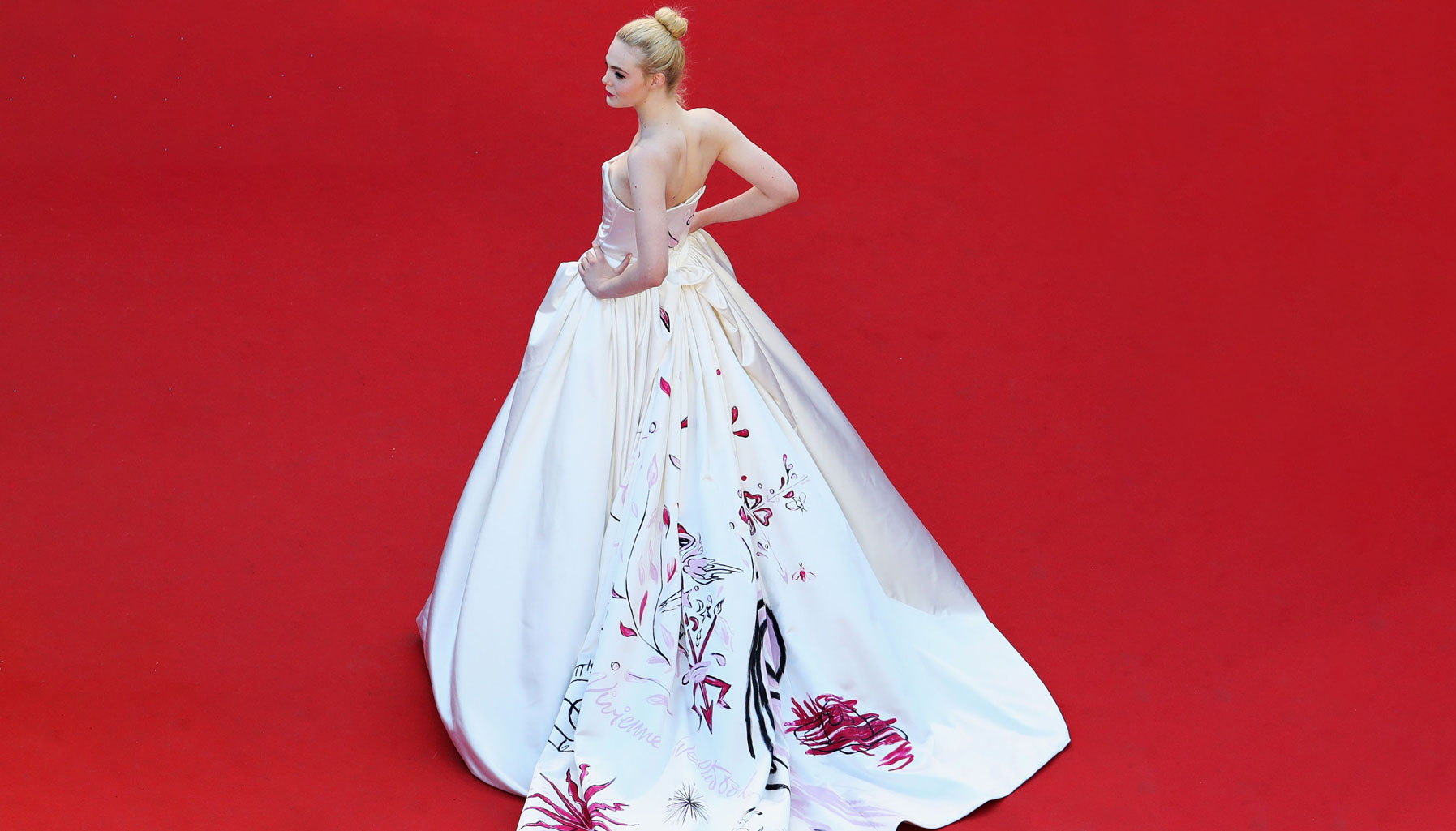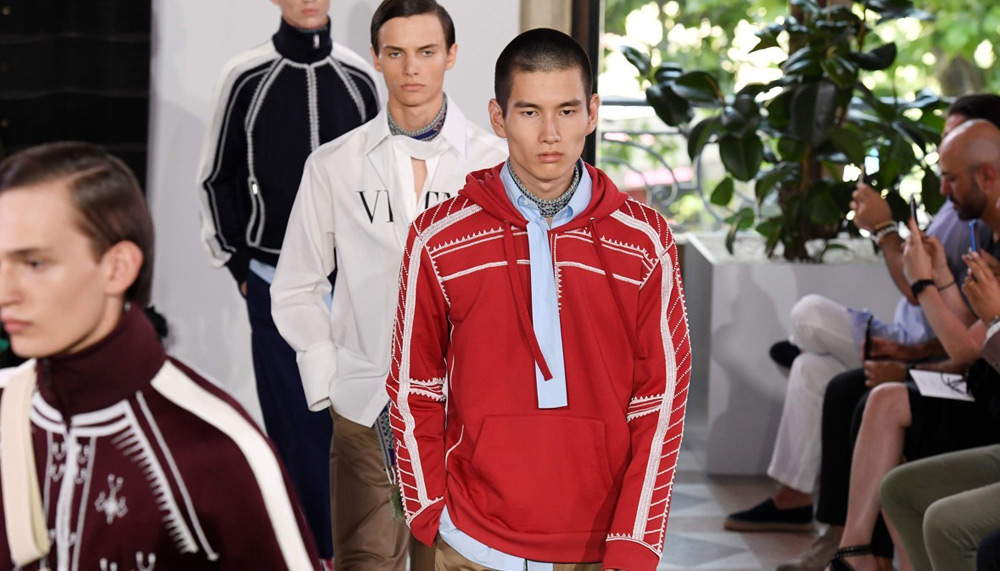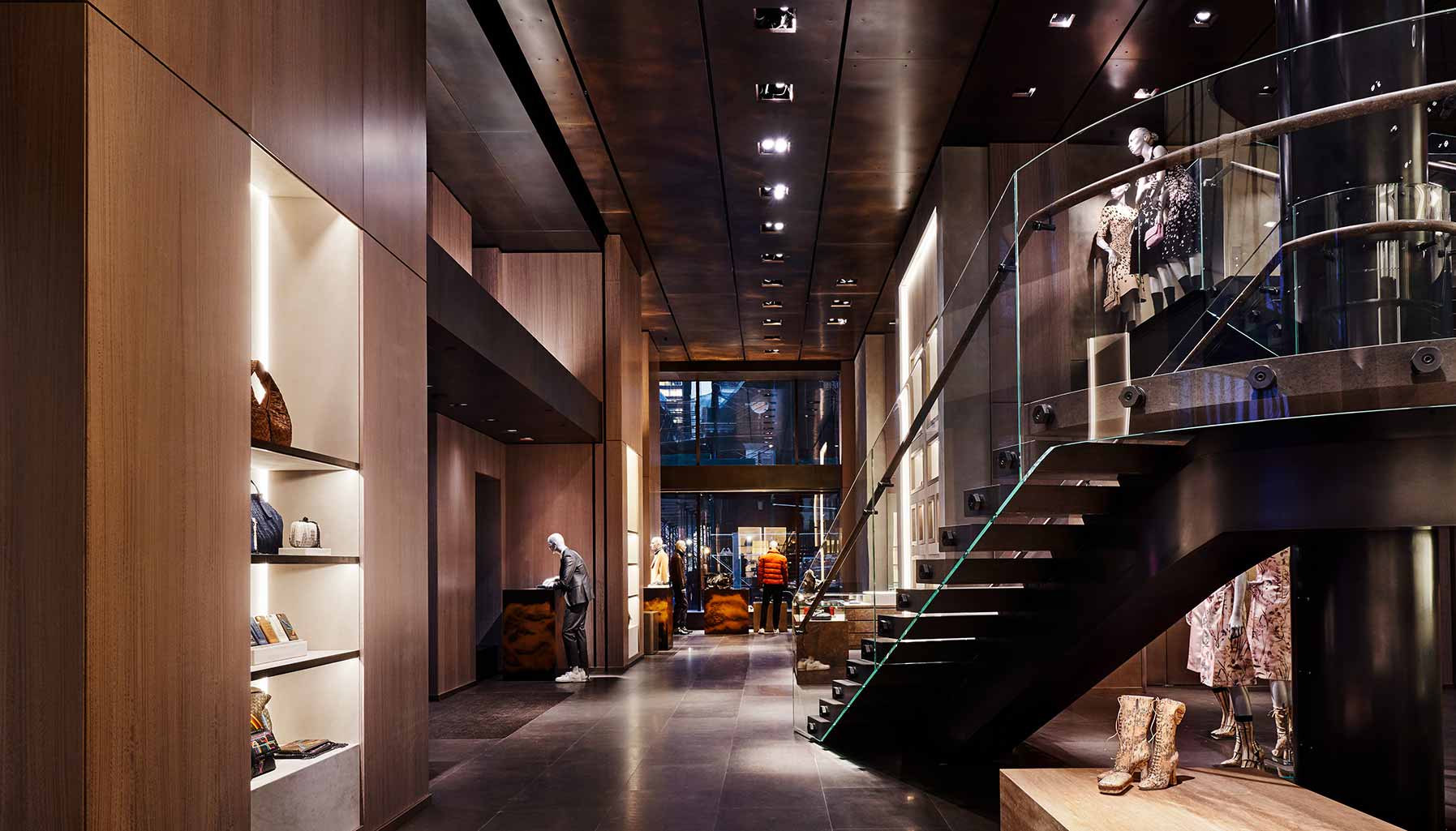Style writer David Coggins on Hollywood’s best under-the-radar menswear inspirations
We all love Michael Caine’s overcoat in Get Carter, Jude Law’s knit polos in The Talented Mr. Ripley, and what Steve McQueen wore in just about everything. Fred Astaire is eternally divine in black tie while Sean Connery’s James Bond remains preternaturally put together. These criminally charismatic actors inspired generations of men, their sartorial savvy etched into our minds via the big screen and heavy rotation on cable and Tumblr.
But what classic movies are secretly stylish? That have unforgettable leading men not dressed by Wes Anderson or Tom Ford or lingering close-ups of tie knots and cocktail cuffs? Sartorial movies tend to be period pieces, either because they began life as such (Out of Africa) or aged into the role (Wall Street), but these six titles represent more unexpected—dare we say dangerously intriguing—contenders.
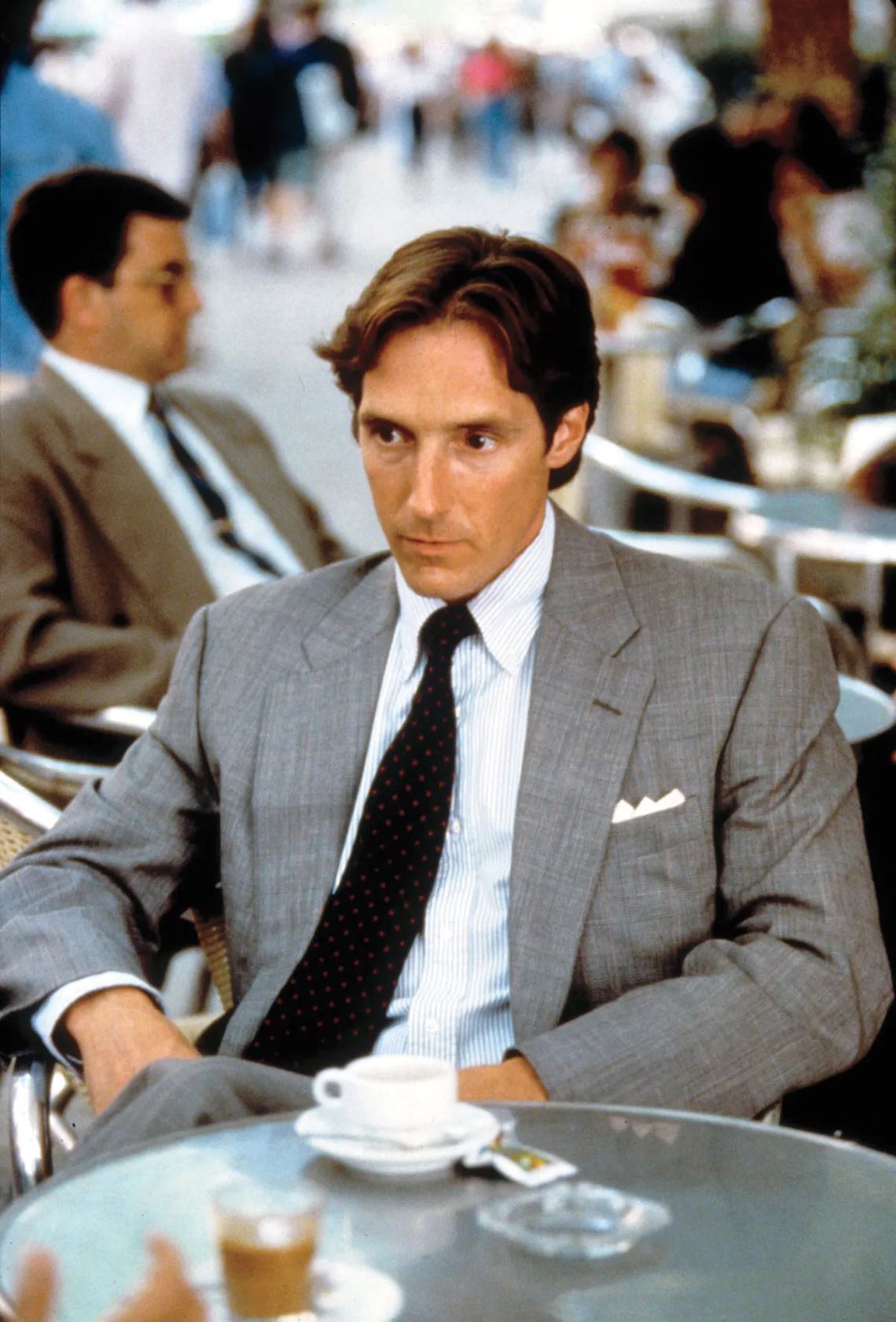
1. Barcelona (1994)
In Whit Stillman’s world, it’s simply a given that you go out in a coat and tie. His characters share the references and attitudes of their class, and these are un-reconstructed preps we’re talking about—they’re not looking to reinvent anything, let alone bring a “modern twist to the classics.” The button-down oxford-cloth shirt is their native tongue; the yellow dress tie, their inheritance. “Very New Wave,” one woman remarks when Ted, our forlorn hero played by Taylor Nichols, unexpectedly finds himself at a costume party. She thinks he’s being ironic. (He’s not.)
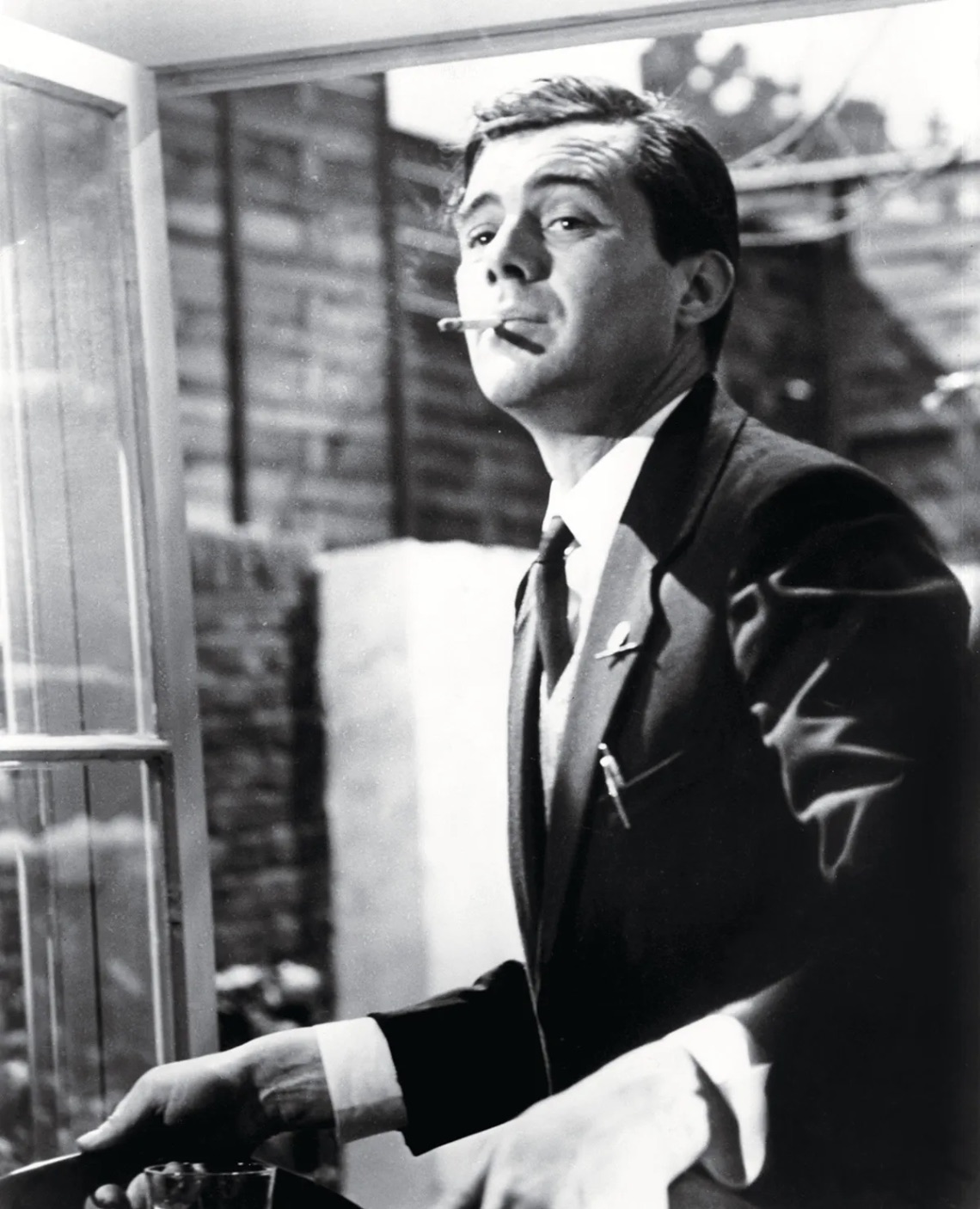
2. The Servant (1964)
In his dark and brilliant film, Dirk Bogarde plays Hugo Barret, the gentleman’s gentleman to Tony, the dissolute aristo portrayed by James Fox. Both remain impeccably dressed even when behaving appallingly. The mood is set early on—when we first meet Fox, he’s passed out: “Too many beers at lunch,” he groans—and while these men are undeniably tasteful, Harold Pinter’s acidic script makes it clear they’re not to be trusted. Bogarde commands equally in a belted overcoat or shirtsleeves and a tie, while Fox looks terrific in everything from evening dress to a shearling coat to a light knit tie (which, for the record, is never wrong). The film also showcases a murderer’s row of covetable knitwear, including shawl-collared cardigans, sailor sweaters, and Fair Isle vests.
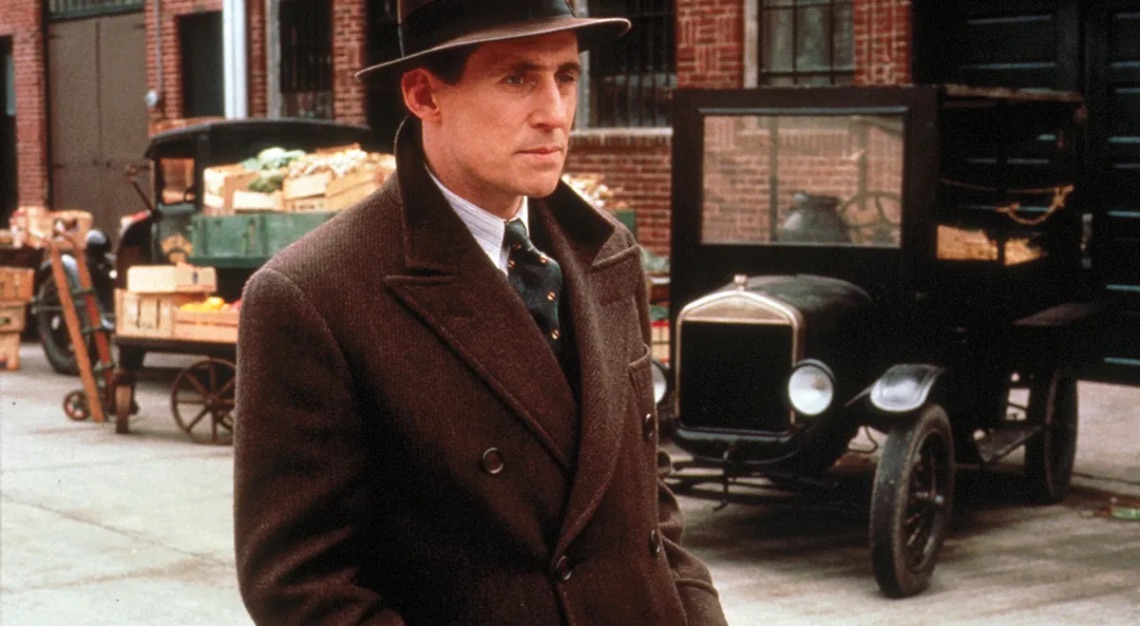
3. Miller’s Crossing (1990)
This 1990 Coen Brothers’ gangster film focuses on Gabriel Byrne’s Tom Reagan, forced to negotiate some Irish Italian friction (to say the least) without losing his hat. That piece of headwear, a proper dark-brown fedora—not the smaller sibling favored by boy bands—takes on heightened significance when Reagan declares, “There’s nothing more pathetic than a man chasing after his hat.”
We’re here for the tailoring, which is discreet and tasteful—neither Tom nor Albert Finney’s Leo puts a well-shod foot wrong—and we can all learn from both their tonal approach and their double-breasted overcoats. This is surely the only film where a character wields a tommy gun while wearing a silk dressing gown and velvet slippers as “Danny Boy” plays on the gramophone. Firearms optional; the look remains exquisite.
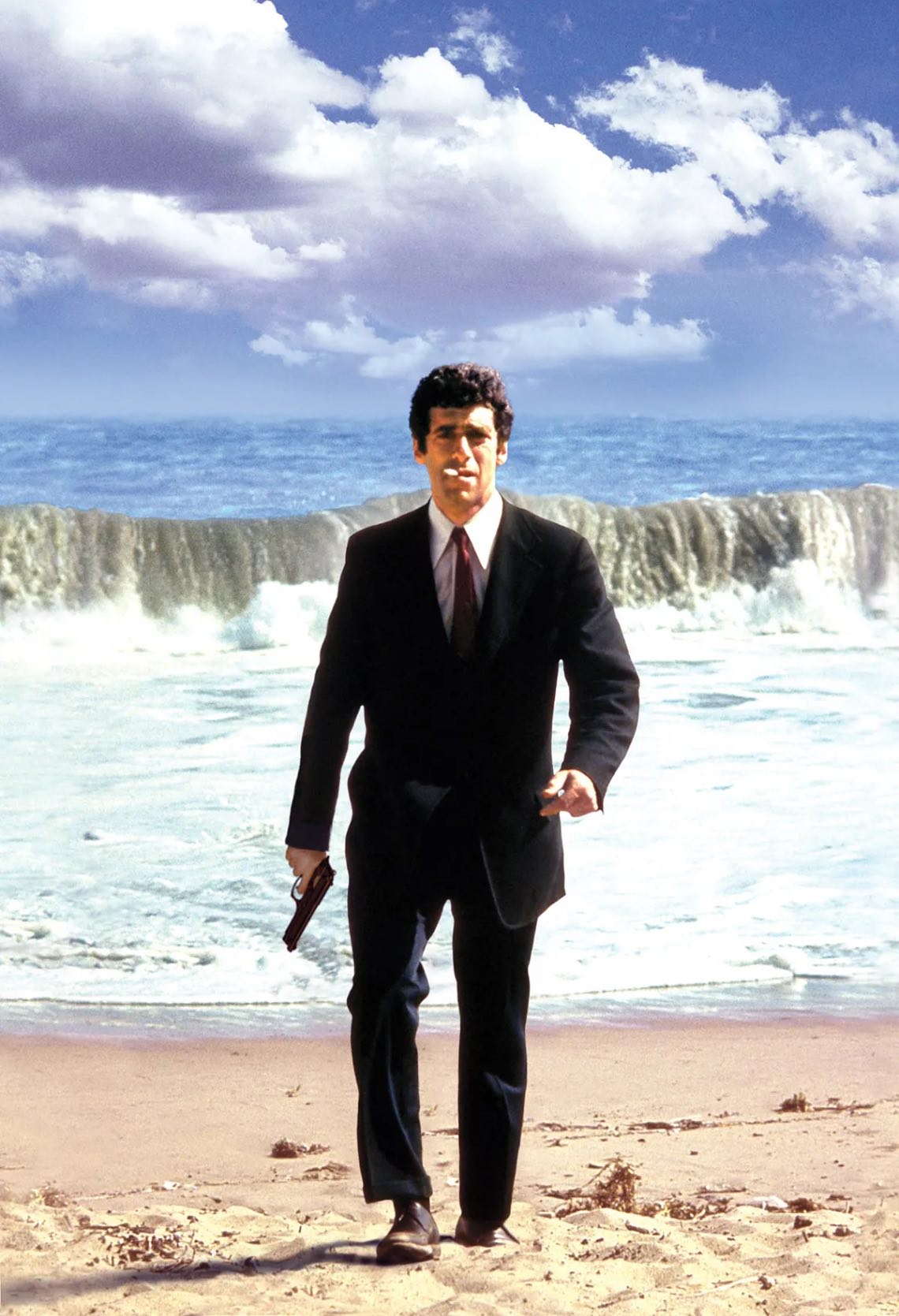
4. The Long Goodbye (1973)
Robert Altman’s beloved whodunit has aged wonderfully. Elliot Gould plays Philip Marlowe with a low voice and on a sardonic high—nobody has ever cared less about his effect on people. What’s striking is that his dark suit, which he wears in nearly every scene, is close-fitting, perfectly modern, and utterly correct. His dress shirt features long collar points (a smart idea) and stands up on its own even when it’s not buttoned all the way up—an example for any man going sans tie. Marlowe reminds us that, should we commit to a good suit, one that comes to resemble us rather than the tailor who made it, our character will carry the day.
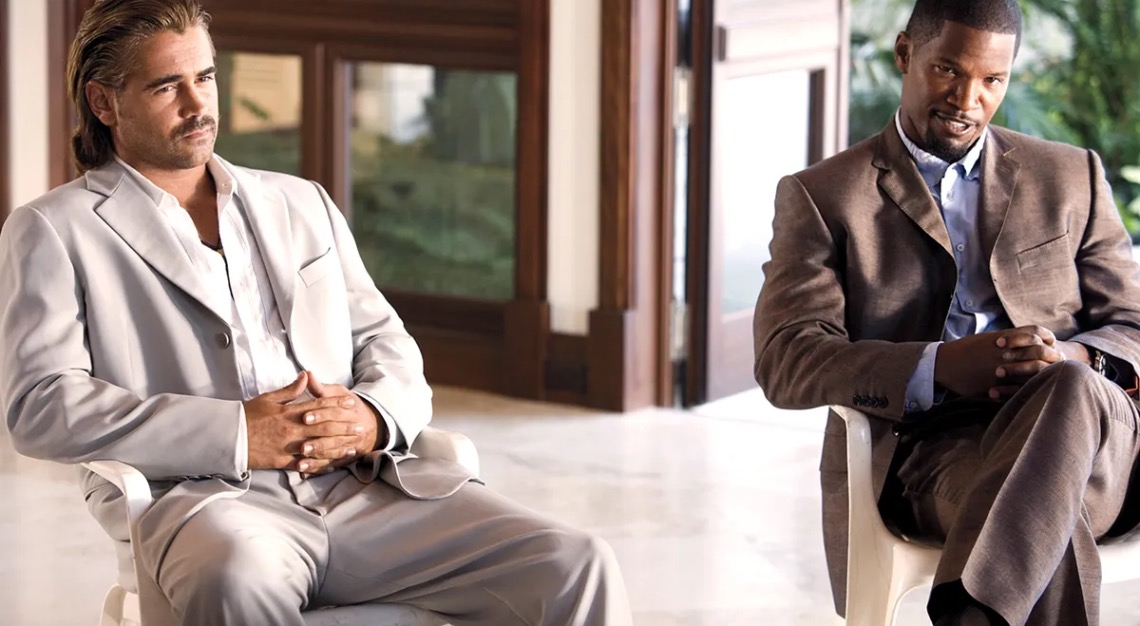
5. Miami Vice (2006)
On Michael Mann’s iconic 1980s TV show Miami Vice, detective Sonny Crockett inspired a wave of pastel T-shirts under oversize blazers. Fast-forward to 2006, when Mann released the trailer for his film adaptation and people lost their minds. Sure, it was partly excitement that the maestro was back on hallowed, neon-soaked ground. But the sugar high was offset by the alarming sight of Colin Farrell’s monstrous mullet-and-mustache combo, which became known in some circles as the Full Crockett.
The film itself is a slow burn. Viewers needed closed captions to decipher the mumbled dialogue and an advanced degree in double crosses to unwind the plot. But when they finally gave in to the gorgeous cinematography, the cult grew. Farrell is aggressively louche, veering so far beyond good taste that he almost circles back around again. The facial hair is tough to stomach, as are the sunglasses, but something about it just works: His light-gray-gabardine suit would look perfectly at home at any Art Basel Miami party. Just don’t go Full Crockett.
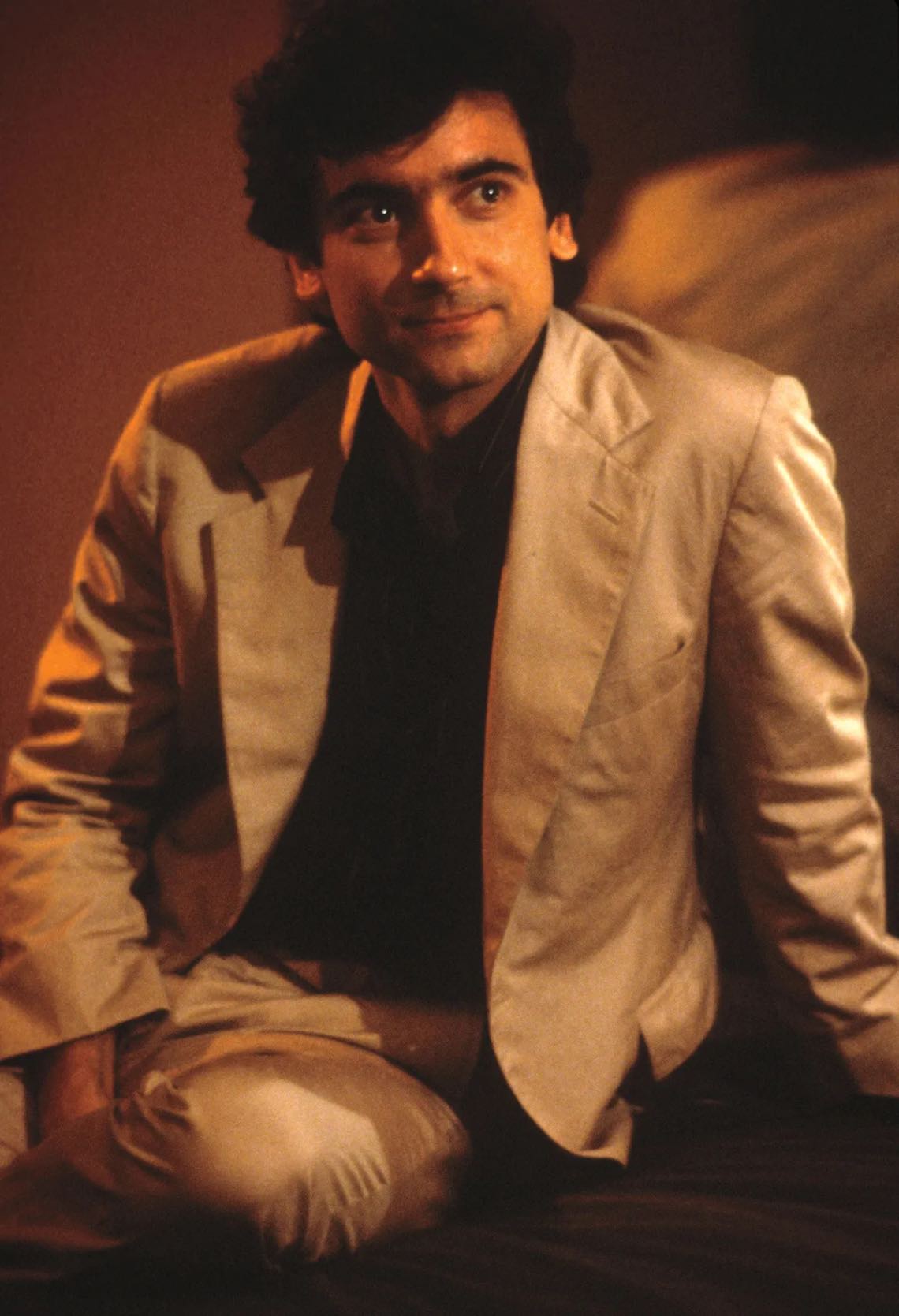
6. After Hours (1985)
This Martin Scorsese “picture” (as the director would say) is finding a new audience on the Criterion Channel. It’s easy to see why. The film depicts one madcap night in 1980s New York for Griffin Dunne’s Paul Hackett, capturing the era’s art world, lofts, clubs, and dive bars (remember those?), not to mention angry mobs and a bloodthirsty ice-cream truck. Any modern indie rocker, art dealer, or magazine editor can take a cue from Hackett’s gray suit, which he pairs with a daring (for him) dark shirt to head downtown after swapping out his work-appropriate checked shirt and tie. A few things have changed over the years—these days, you’re probably not picking up a performance artist in an Upper East Side diner—but the look remains timeless.
This story was first published on Robb Report USA


